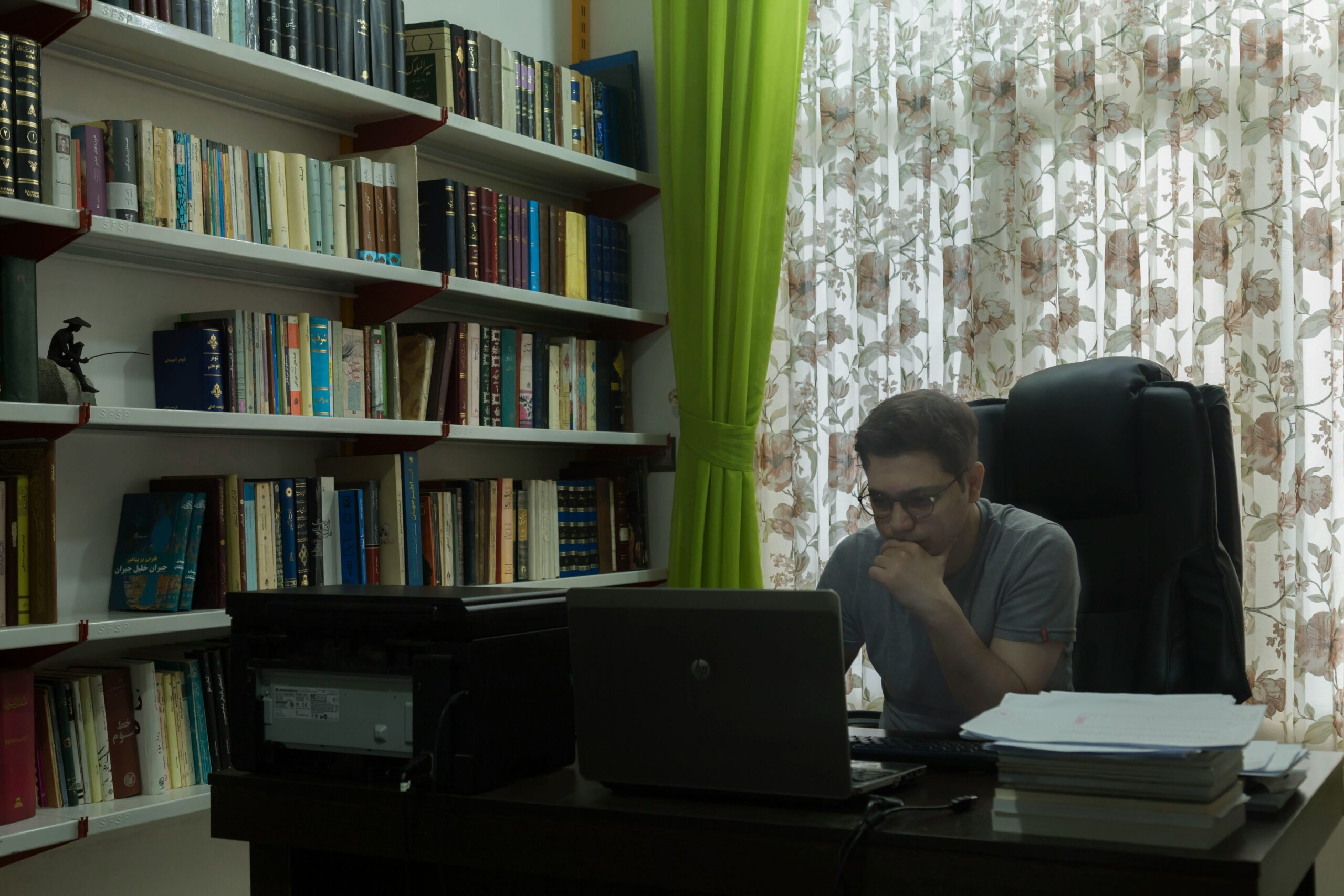Ever felt like your research papers are taking over your life? Like some rogue PDFs have turned your desktop into a chaotic digital jungle? Yeah, we get it.
In this guide, you’ll discover how using the right paper organization app can transform that cluttered chaos into seamless productivity. You’ll also learn why picking the wrong tool can feel like bringing a spoon to a chainsaw fight—and trust me, neither ends well. Let’s dive in!
Table of Contents
- Why Does Organizing Research Papers Even Matter?
- How to Choose the Right Paper Organization App
- Best Practices for Using Your Paper Organization App
- Case Studies: Real People, Real Results
- Frequently Asked Questions About Paper Organization Apps
Key Takeaways
- A good paper organization app boosts efficiency and reduces stress by organizing research papers seamlessly.
- Picking the wrong app can lead to wasted time and increased frustration—so choose wisely!
- Top features include cloud syncing, tagging systems, annotation tools, and cross-platform compatibility.
- You don’t need advanced technical skills; simple apps work just as effectively if used correctly.
Why Does Organizing Research Papers Even Matter?

Here’s a stat to wake you up: Researchers spend an average of 4 hours per week searching for misplaced documents or notes. FOUR. HOURS.
“Yeah, but isn’t that just part of the job?” Optimist You might ask.
“Ugh, nope. It’s called inefficiency, and it’s eating away at your sanity,” Grumpy Me replies.
I once lost three days’ worth of research because I accidentally saved a critical document under “Miscellaneous.” Sounds familiar? That’s why investing in a solid paper organization app is non-negotiable.
How to Choose the Right Paper Organization App

Choosing the perfect app doesn’t require NASA-level decision-making skills—just follow these steps:
Step 1: Identify Your Needs
Are you drowning in PDFs? Or do you mostly deal with handwritten notes? Different apps cater to different formats, so prioritize what matters most to your workflow.
Step 2: Check Key Features
Your dream app should have:
- Cloud Syncing: So your files are always accessible wherever you go.
- Tagging Systems: Because folders alone won’t cut it when you’re juggling dozens of papers.
- Annotation Tools: Highlighters and sticky notes on steroids.
Step 3: Test Drive Before Committing
Don’t fall for flashy ads without trying free trials first. After all, nobody wants to end up stuck with software they hate.
Best Practices for Using Your Paper Organization App
- Keep File Naming Consistent: Trust me, naming everything “FinalDraft_v5_FINAL.docx” will haunt you later.
- Create Categories Early On: Set up tags or folders from day one—it’s harder to retroactively organize months’ worth of data.
- Back Up Regularly: Cloud storage crashes happen. Always keep local backups too.
- Bonus Tip That’s Actually Terrible: Don’t rely solely on memory. Writing things down somewhere (yes, even digitally) avoids disaster.*Spoiler Alert*: This tip isn’t terrible—it’s essential.
Case Studies: Real People, Real Results
Let’s talk about Sarah—a grad student who went from overwhelmed to organized thanks to her favorite paper organization app. She was spending six hours weekly sifting through unsorted research before switching to Notion+Zotero combo. Now she saves 70% of that time—focusing instead on actual writing.

Frequently Asked Questions About Paper Organization Apps
Which is better: Zotero or Mendeley?
Zotero shines for its flexibility and open-source nature, while Mendeley offers tighter integration with Elsevier resources. Choose based on your needs!
Can I use Google Drive as my paper organization app?
Technically yes, but unless you love manually dragging files around folders, dedicated apps offer more streamlined solutions.
Is there a free option worth considering?
Yes! Apps like Zotero and Microsoft OneNote provide robust free plans.
Conclusion
Transforming your research process starts with finding the best paper organization app. Whether you’re buried in PDFs or struggling to tag those endless journal articles, the right tool can save countless hours—and headaches.
Ready to take control of your digital space? Try out a few options today. And remember…
“Organized files = happy brain.”
Like Pokémon cards, your files deserve to be sorted, categorized, and cherished. Go catch ‘em all!


